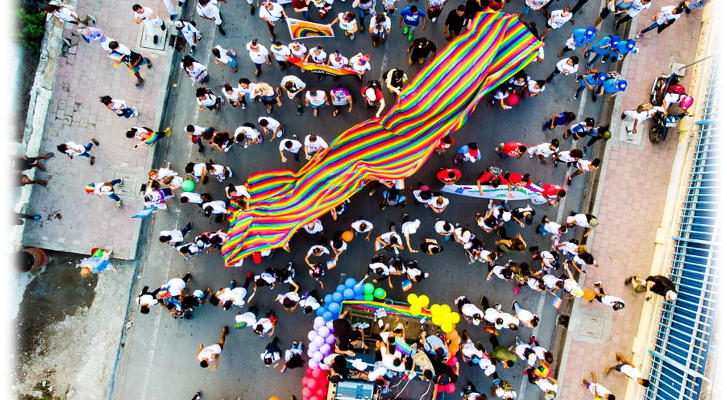
LGBTQ+: This is an umbrella term that encompasses the spectrum of sexual orientation and gender identity, referring to anyone who is non-heterosexual or non-cisgender.
Including but not exclusively referring to people who are lesbian, gay, bisexual, transgender, queer or questioning.
The authors of this Toolkit highlight that using LGBTQ+ is being used as it is the most recognisable term but acknowledge and encourage everyone to preferably using the term SOGIE (Sexual Orientation and Gender Identity Expression). It is inclusive of all sexual orientations and should be used in line with every organisation’s policy.
Contribution:
International endorsement:
Use of technical and inclusive language to prevent a sense of exclusion:
Use of technical and inclusive language to prevent a sense of exclusion:
Opportunities for transgender people as competition may create a negative impact on their experiences of Sport:
Other Tips
Pride Youth Games
(Pride Sport, LEAP Sport Scotland and LGBT Sport Cymru.)
More information:
Event Site. Click Here